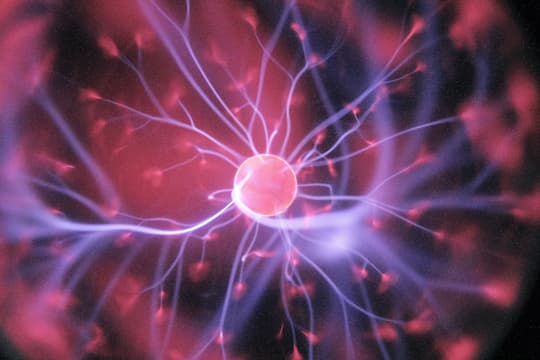The beneficial effects of exercise on the hippocampus, an area critical for memory and learning.
Being physically active is essential for maintaining mental health and what is more, improves hippocampal function related to learning and memory, a study shows.
Exercise stimulates the production of chemical signals important for neuronal development in the hippocampus.
Mr Ki Yun Lee, the study’s first author, said:
“The hippocampus is a crucial area for learning and memory, and therefore cognitive health.”
During physical activity our muscle fibres contract and by doing so certain chemical compounds are released into the blood vessels and circulated around the body, including the hippocampus.
Swimming, cycling, bicep curls, push-ups, sit-ups, squats, are examples of sporting activities that involve muscle contraction (tightening, lengthening, or shortening of muscles).
The researchers wanted to find out how muscle signals are converted and used for neuronal activity and development in the hippocampus.
Knowing the beneficial effects of exercise on the hippocampus could lead to specific exercise-based interventions to overcome neurological disorders such as Alzheimer’s disease.
Hippocampal neurons
For this study, samples containing mice muscle cells were obtained and kept in the lab in cell culture plates.
When the muscle cells were grown, they began to contract and release chemical signals in the plates.
Then those cultures containing chemical signals were added to another culture which held hippocampal neurons and astrocytes (supportive cells).
The team also used various techniques to track neurons’ electrical activity and so they were able to examine how the hippocampal cells were influenced by the chemical signals.
They found that hippocampal neurons, when receiving the chemical signals from contracting muscles, started to produce larger and more frequent electrical signals.
These suggest that neurons of the hippocampus were flourishing and healthy while at the same time developing a powerful network.
Furthermore, they looked at the mediating role of astrocytes in order to understand what biological mechanism links exercise to brain health.
Mr Lee said:
“Astrocytes are the first responders in the brain before the compounds from muscles reach the neurons.”
When astrocytes were removed from the cell cultures, the team saw that hippocampal neurons began to generate more electrical signals.
This indicates an absence of astrocytes, Mr Lee said:
“Astrocytes play a critical role in mediating the effects of exercise.
By regulating neuronal activity and preventing hyperexcitability of neurons, astrocytes contribute to the balance necessary for optimal brain function.”
He added:
“Ultimately, our research may contribute to the development of more effective exercise regimens for cognitive disorders such as ‘s disease.”
The study was published in the journal Neuroscience (Lee et al., 2023).

